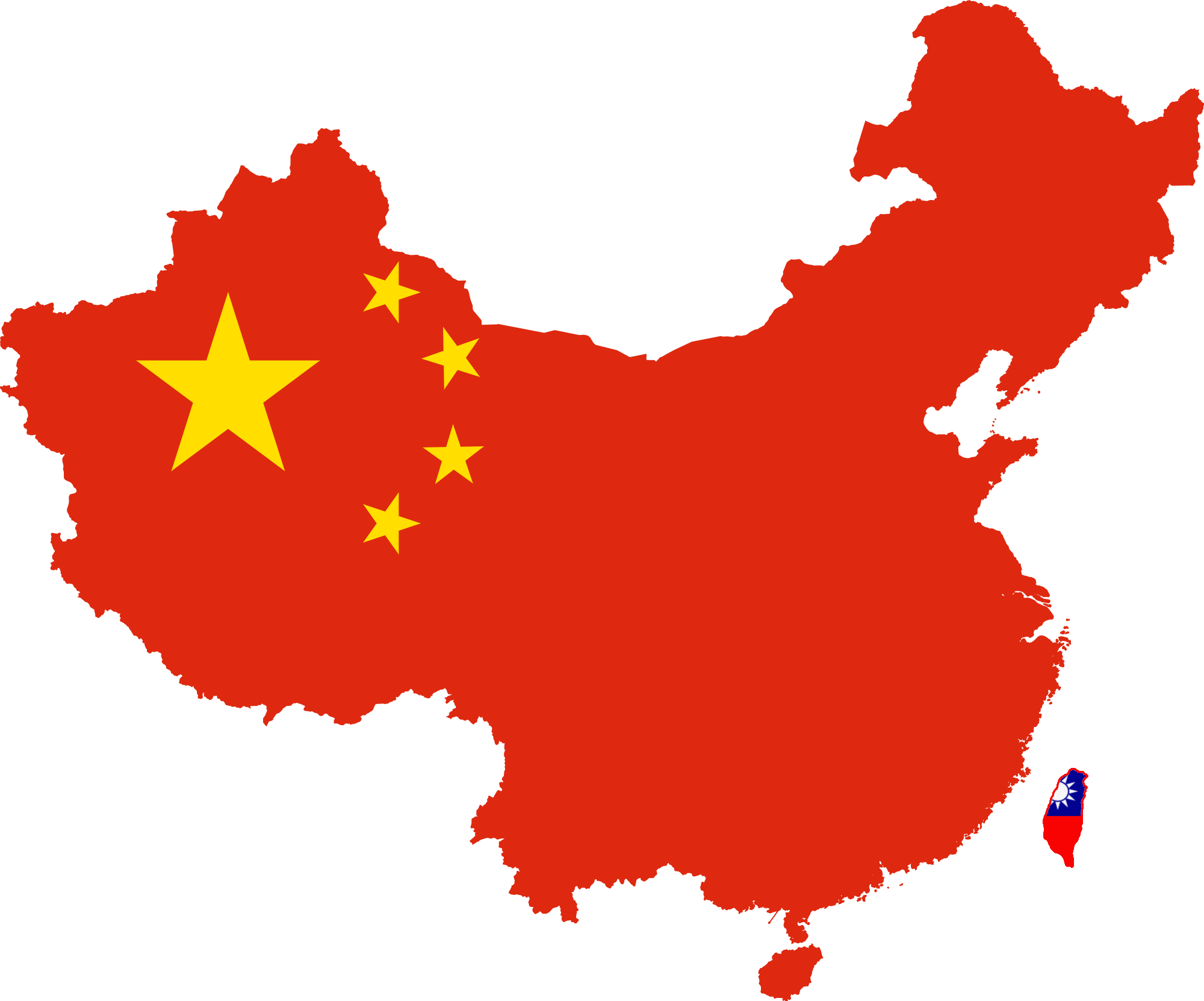
Back in February, Nigeria’s Guaranty Trust Bank announced the launch of The Dusty Manuscript, a contest for Nigerian crime and romance fiction writers with finished but unpublished novels.
The top three authors from the contest will get a publishing contract with Kachifo, one of the country’s renowned publishing houses. Kachifo distributes some of the Nigeria’s best known authors, including Chimamanda Adichie, Jowhor Ile, and Eghosa Imasuen.
Over the last decade a number of literary prizes like these have helped support Nigeria’s literary fiction circles. They include the 9Mobile Prize for Literature, backed by the telecommunications company formerly known as Etisalat, the Nigeria Prize for Literature, sponsored by the NLNG gas company, and the Miles Morland grant, which supports authors working on a novel for a year.
While these prizes will help up and coming writers gain exposure as well as the chance to sell their work, it’s important to ask what kind of market their books will be entering.
The reality on the ground is that demand for literary fiction in Nigeria is low. Nigeria’s rich literary history includes some of the world’s most respected authors, such as Chinua Achebe, author of Things Fall Apart, which has been translated to more than 50 languages; Wole Soyinka, Africa’s first’ Nobel laureate for literature, and Florence Nwapa, who is often referred to as the “mother” of modern African literature. In the current era, Nigeria boasts one of the world’s best known authors in Chimamanda Ngozi Adichie, whose literary success has been amplified by her commentary on everything from feminism to African politics.
Despite that rich history and the current growth and interest, the reality on the ground is that demand for literary fiction in Nigeria is low.
It’s unclear if it’s about people not wanting to read for leisure, or in fact not having access to fiction. Books have become increasingly expensive in the country as bookshops have shuttered, and with an adult literacy rate of 51%, it’s not surprising that some supporters of literature in the country are concerned about how novelists might fare once their books are published.
“Forget the number of books you see being sold in traffic and our global acclaim for excelling—Nigerians read only when they have to.” Wale Adetula, the founder of The Naked Convos, one of Nigeria’s popular youth-oriented blogs, is one of those people. He conducted an online poll surveying over a thousand users of his site on their reading habits, and found that many said they only read one book a year. These results inspired him to launch the TNC Stories app, which carries the disconcerting tagline, “Reading is dead.” This app allows contributors to create and share stories using text video, audio and music—Adetula’s attempt to keep Nigerians reading, albeit in non-conventional forms.
“The reading culture in Nigeria is poor,” Adetula says. “Forget the number of books you see being sold in traffic and our global acclaim for excelling—Nigerians read only when they have to.”
Adetula believes a culture of reading is not being written into Nigeria’s educational system. “Students see it as some sort of necessary evil. And it becomes harder when you have to deal with the many distractions and challenges that come with being an adult and living in a country like Nigeria.”
Indeed, most of the sales for Farafina Books, an imprint of Kachifo, and one of the country’s most popular publishing houses, come from religious or educational texts, not fiction, according to a senior editor there.
Okada Books, one of the sponsors of the Dusty Manuscript contest, also makes much of its money selling educational, self-help, and motivational titles, but is similarly trying to cultivate a love of reading amongst young Nigerians. The free reading app publishes ebooks written by Nigerian authors covering a host of genres, from memoir to comedy to thrillers. Customer support representative Karo Oforofuo says that authors from the diaspora have reached out to discuss potentially distributing their books to an African audience on the app.
Oforofuo believes Nigerian reading culture “is getting better by the day, given the computer age and advent of ebooks.” Nigeria has a limited number of bookshops, and printing books domestically is a difficult and expensive process. Ebooks are easier to distribute, as people only need the app to download as many books as they want, Oforofuo says.
In 2011, academics from Lagos State University released a paper titled “Poor Reading Habits Among Nigerians,” which cited the benefits of reading for self-improvement and mental and emotional health and hypothesized that Nigeria’s reading culture had suffered from widespread poverty, corruption, deprioritization, and a dearth of dedicated quiet reading spaces like libraries. “A reading nation is an informed nation,” the authors write. “Nigeria can not be regarded as a reading nation because the younger generation of Nigerians does not consider reading a leisure activity.”
The Nigerian literary canon will keep expanding and developing, thanks in part to the interest expressed by private institutions. But it won’t get far if it doesn’t spread to the offices of elected representatives, or if people don’t view reading as a enjoyable hobby. If new genres continue to be supported, books redistributed and reoriented as multimedia content, and the government takes an active role in the refurbishment of existing libraries and the redesign of the school curriculum, some things might change. For now, the players in the small, but growing industry keep fighting to keep reading alive.

